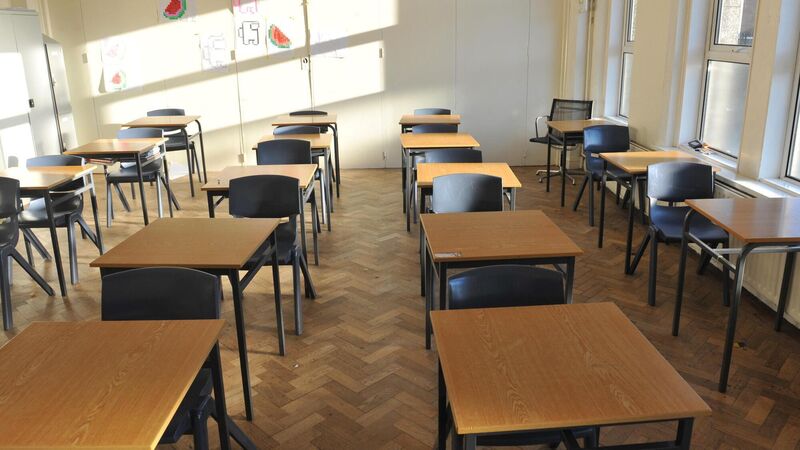2,549 cases confirmed as Nphet set to review Covid testing protocols for schoolchildren

Last week, with winter fast approaching, more than half of the European Region’s 53 countries reported a marked increase in Covid-19 infection rates across all age-group. File Picture: Larry Cummins
The Department of Health has confirmed a further 2,549 cases of Covid-19.
Currently, there are 481 patients hospitalised with the virus, of which 97 are in ICU.










